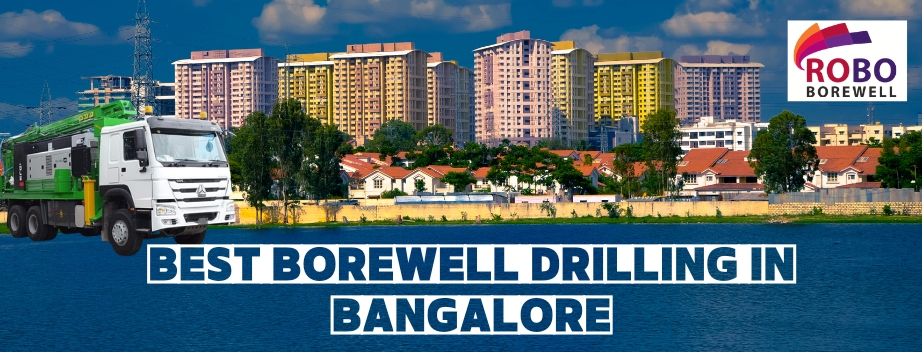
Water is one of the fundamental needs for human survival; however, for a good source of water to be effectively available both in residential and commercial sectors is imperative. Bangalore being very rapidly urbanized and having increased its demand for water in these areas has been the prime solution through borewell drilling for accessing underground water. This blog will provide detailed description of borewell drilling in Bangalore. The details include process, costs, regulation, and why one should seek professional borewell drilling services in Bangalore.
Understanding Borewell Drilling
Bore well drilling is the activity of developing an element hole in earth for the purpose of getting access to groundwater. This process has been applied where there is no water at surface or it cannot be relied upon. The bore well is an independent and self reliant source of water supply for houses, apartments, industries, and agricultural lands.
Importance of Bore well drilling in Bangalore
Bangalore is the Silicon Valley of India. Quite a lot of population growth has occurred and industrialization too has been rising. Thus, there is demand for huge amounts of water supply. So, pressure builds up on the municipal water supplies. Most homes and corporations tap into supplementary sources by borewells.
Bangalore Borewell drilling is essential with the following reasons:
Acute Intermittent Scarcity in Supply of Waters - Bangalore faces an alternate reliable supply has to be used for borewells because of acute intermittent scarcity in supply of waters.
Rapid Urbanization - The increase in growth of constructions and infrastructures requires an environment-friendly water source.
Drying Up of Water Table - Dry lakes and dams make the utilization of ground water indispensable.
Cost-effective Measure - After the development of a borewell, regular water supply is observed with almost nil recurring cost.
Borewell Drilling Service in Bangalore
Borewell drilling services in Bangalore are offered by companies that are highly experienced in detecting and drilling groundwater. Some of the services they undertake are:
1. Site Survey and Feasibility Study
Experts survey the site initially before drilling the bore well for ascertaining whether ground water exists or not. It covers:
Geophysical survey of availability of groundwater, through the aid of sophisticated apparatuses, for example, resistivity meters combined with hydrogeological mapping
Location to be drilled
Quantification of depth that will have a viable source of water.
2. Process of Borewell Drilling
a) Type of drilling method to be adopted
There are a number of techniques of drilling a borewell in Bangalore, and the type of soil and the depth involved:
Rotary Drilling - It is suitable for deep borewells and rocky terrains
Percussion Drilling - Used for the hard rock formation
Auger Drilling- Applied for borewells in a shallow depth with soft soil
DTH (Down-the-Hole) Drilling - Primarily applied for deep borewells in Bangalore
b) Actual Drilling
A highly potent drilling rig performs the actual drilling, resulting in a borehole.
Fixing casing pipes, either PVC or MS to avoid the borewell's collapse and contamination with water.
The drilling continues until the strata containing the water-bearing are reached.
Casing and Grouting
The borewell is stabilized by the casing pipes. It provides stability to the structure.
Grouting is done in order to prevent pollution through the layers of soil encircling it by water.
Installation and testing of the pumping equipment.
Installation of submersible or jet pump in retrieving water with much efficiency.
Testing of the water yield to test the quality suitability for consumption.
Borewell Cleaning and Maintenance
Cleaning and Flush - clearing of silt and mud with removal of obstructing materials
Disinfection- chlorination process to detect bacterial presence
Testing for Yield Capacity- assess the capability to extract water.
Cost of Borewell Drilling in Bangalore
The Cost of borewell digging in Bangalore varies with various factors:
1. Depth and Diameter of Drilling
Shallow Borewells (100-400 feet)- INR 40,000 to INR 80,000.
Medium Depth Borewells (400-800 feet)- INR 80,000 to INR 1,50,000.
Deep Borewells (800-1200 feet)- from INR 1,50,000 to INR 3,00,000.
2. Casing Material
PVC Casing – INR 200-300/foot
MS Casing – INR 400-600 / foot
3. Type of drilling used
DTH Drilling - Highly cost intensive as it is a high technology.
Rotary drilling - Cost is moderate and can be used for all types of terrains.
4. Pumping Equipment and Accessories
Submersible pumps are available in INR 10,000 to INR 50,000 according to the horsepower.
High efficiency bore well drilling services from Bangalore
The best companies engaged in bore-well drilling operations for smooth functioning as well will be in consonance with legislation. Selection parameters should cover the following ones:
Conclusion
In this scenario, the only way through which the increase in the water supply demand for the city will be met efficiently is through borewell drilling in Bangalore. Appropriate borewell drilling in Bangalore will offer means of accessing the source of water for residents and organizations, in case proper selections are made. However, careful use, local regulation, and responsible borewellers are among the steps to be taken if water supplies must be availed for generations ahead.
FAQ’s
1. What is borewell drilling?
Borewell drilling is the process of drilling into the ground to access underground water sources (aquifers) for various uses, such as drinking, irrigation, or industrial purposes.
2. How deep should a borewell be?
The depth of a borewell depends on the local geology and water table, typically ranging from 200 to 1000 feet. Deeper wells generally provide more reliable water access.
3. What permits are needed for borewell drilling?
In many regions, you’ll need permits from local authorities or environmental agencies to legally drill and extract groundwater. Regulations vary by location.
4. What factors affect the cost of borewell drilling?
Costs depend on factors like depth, drilling technique, casing material, site conditions, and pump installation. Deeper and more complex projects tend to be more expensive.
5. How can I maintain a borewell?
Regular maintenance includes water testing, pump inspections, flushing sediments, and ensuring the borewell is sealed properly to prevent contamination


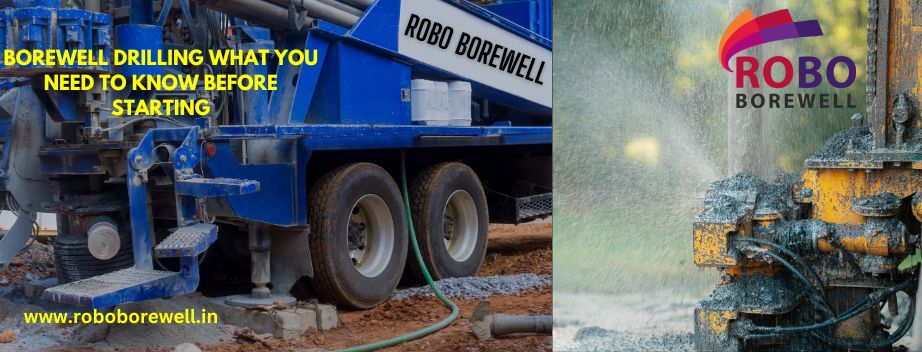
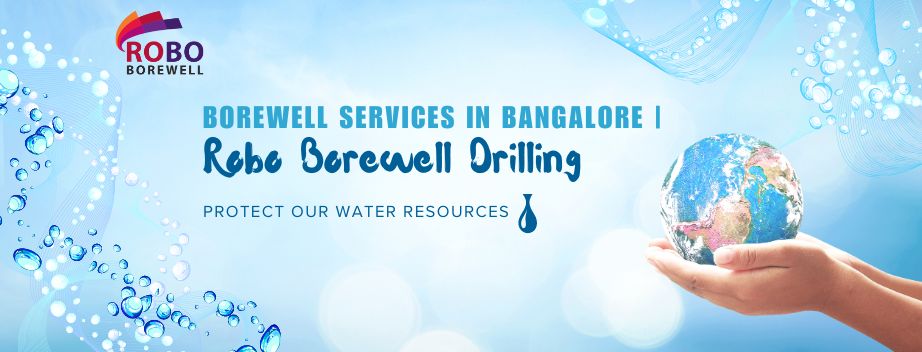


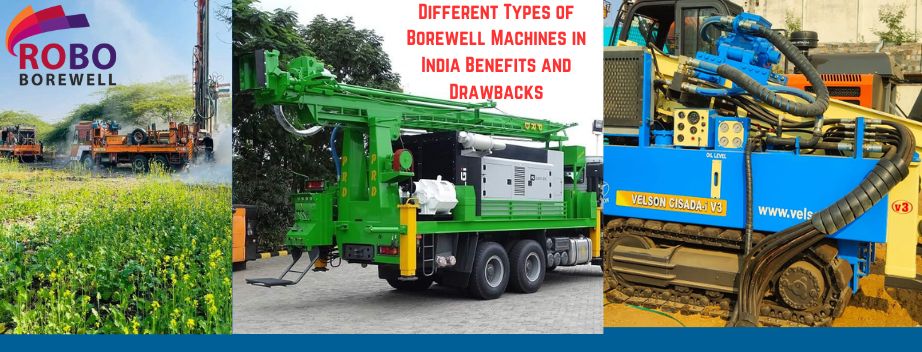
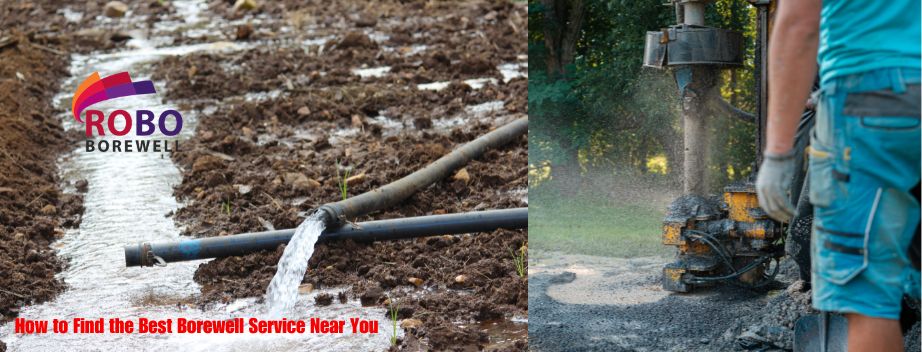
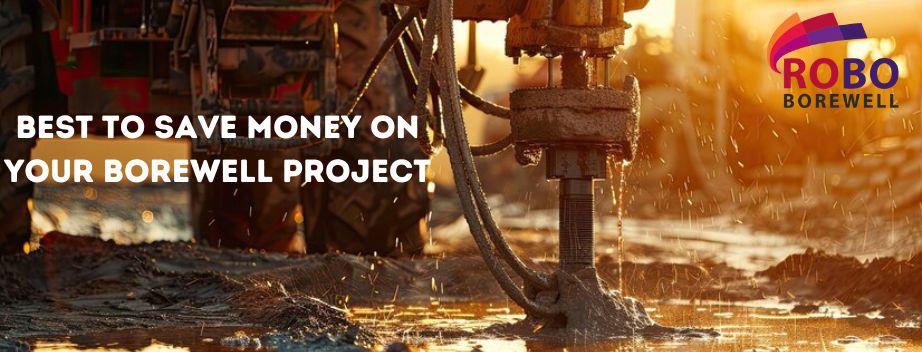
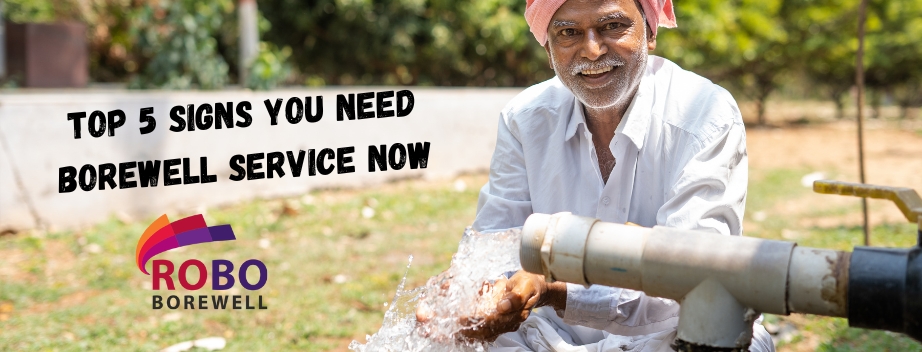
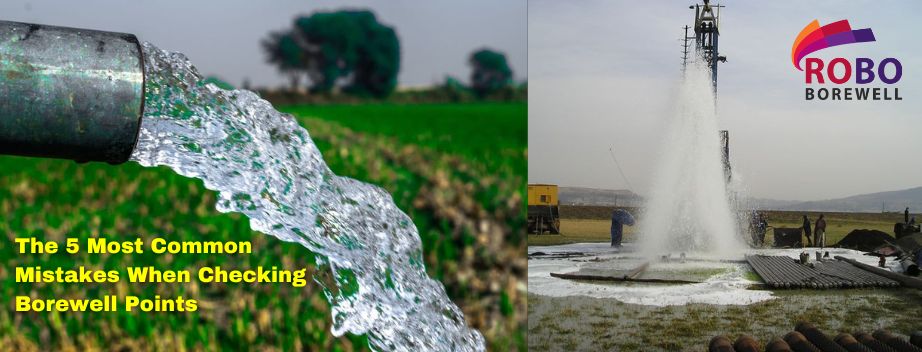
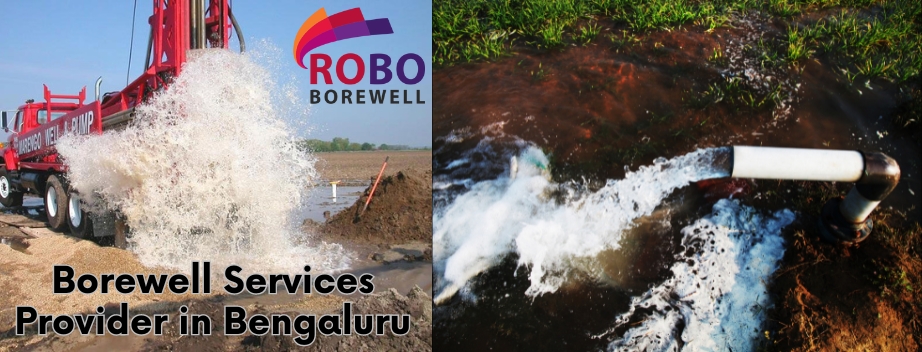
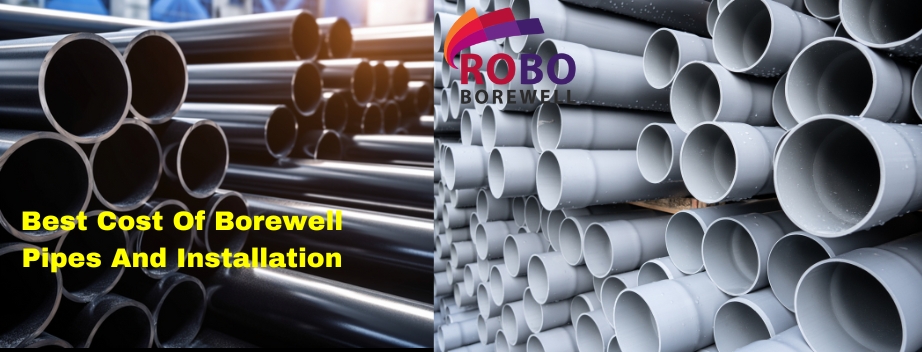
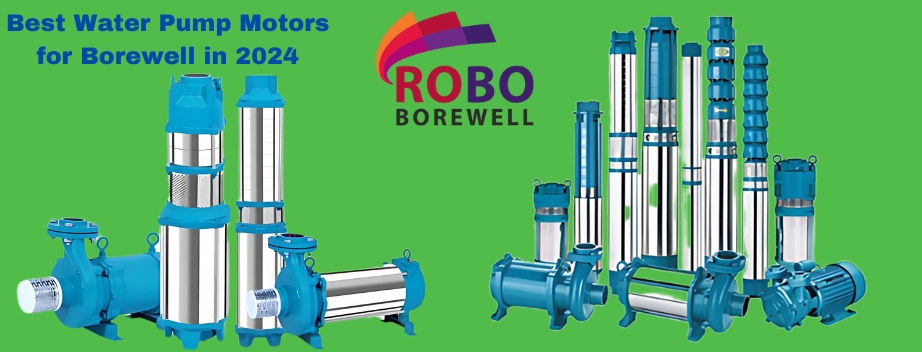
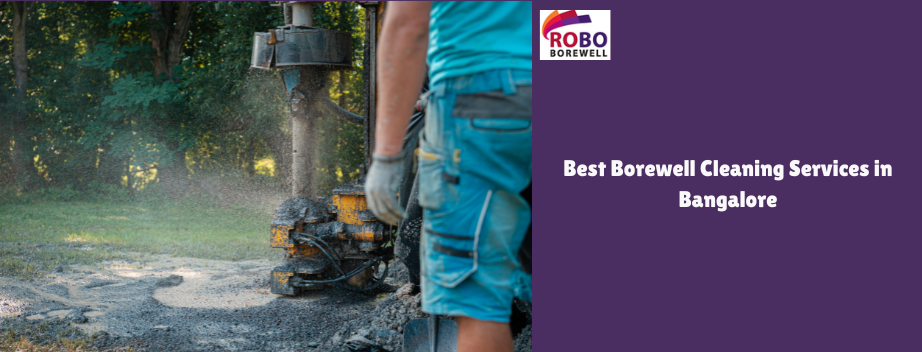


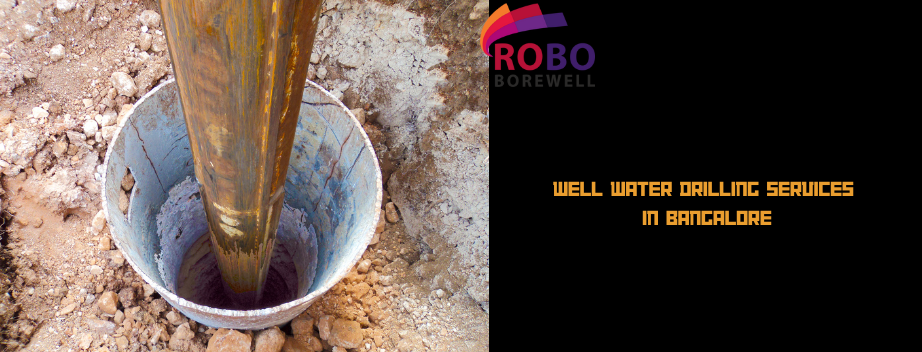
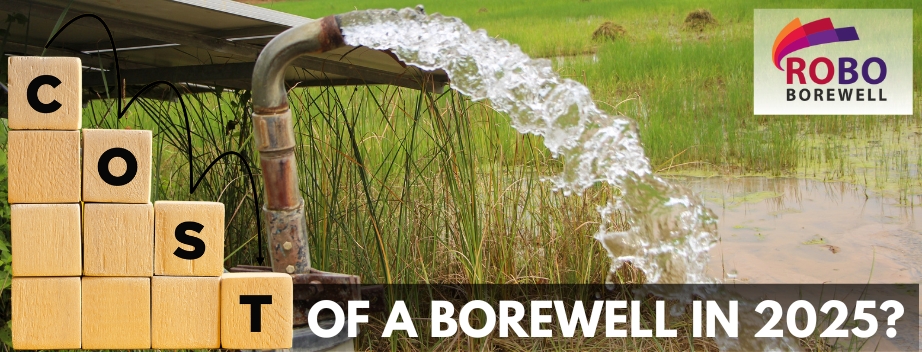

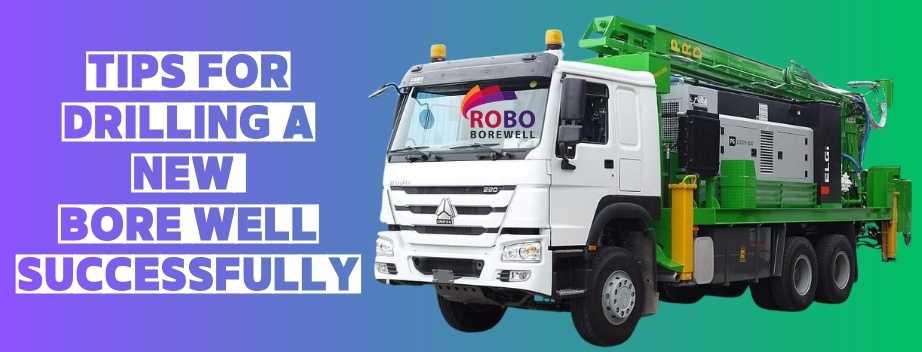
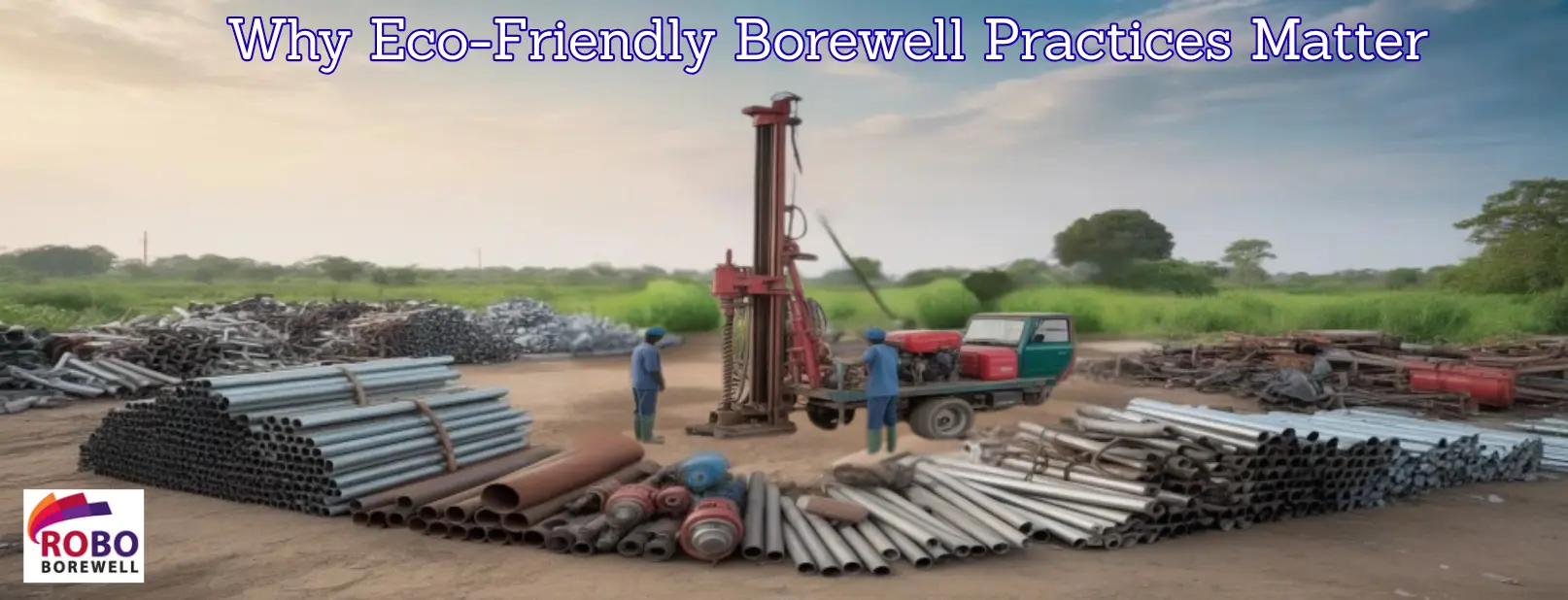
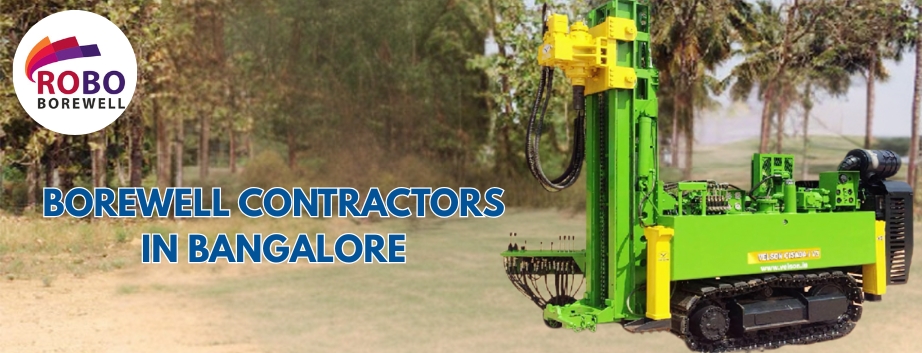
Add a comment